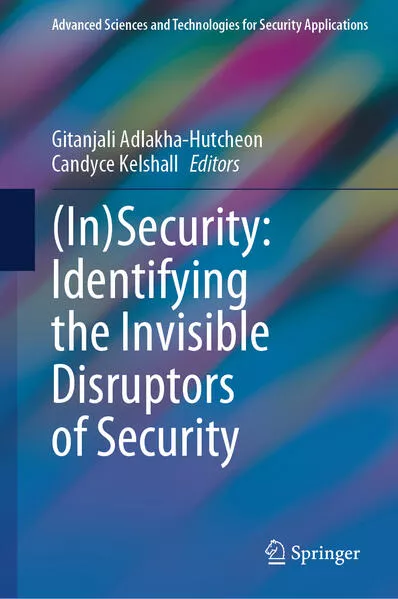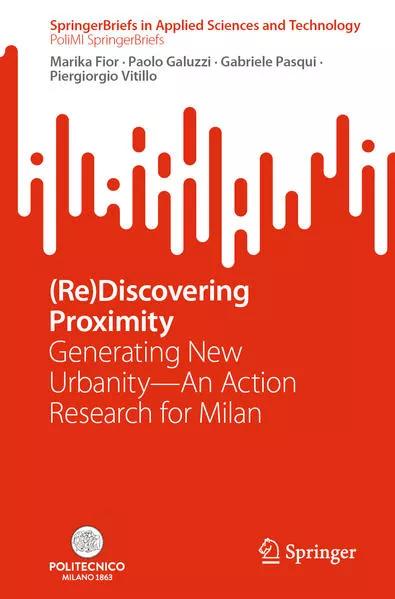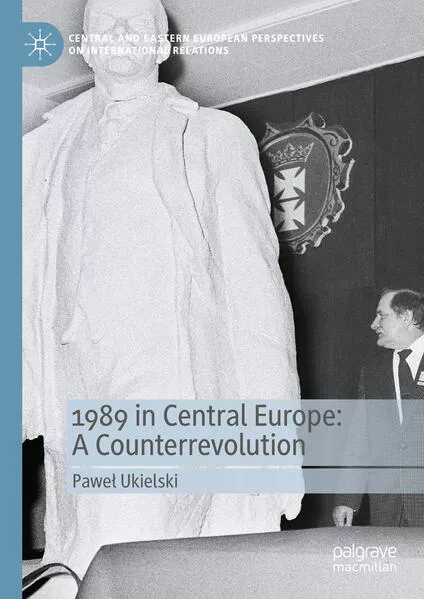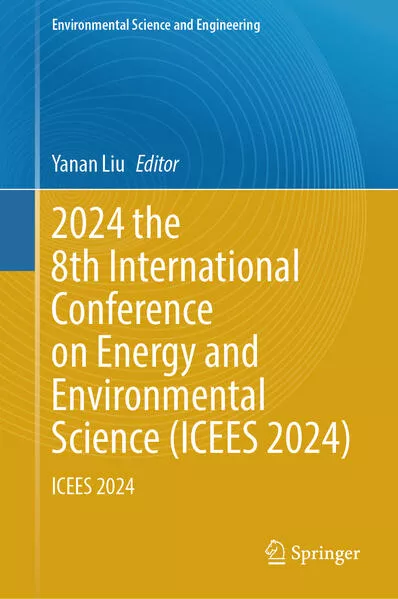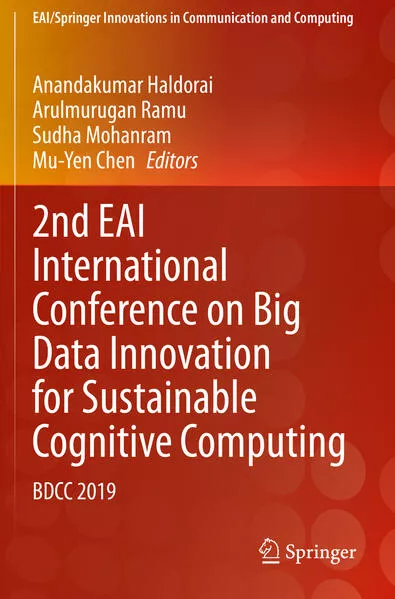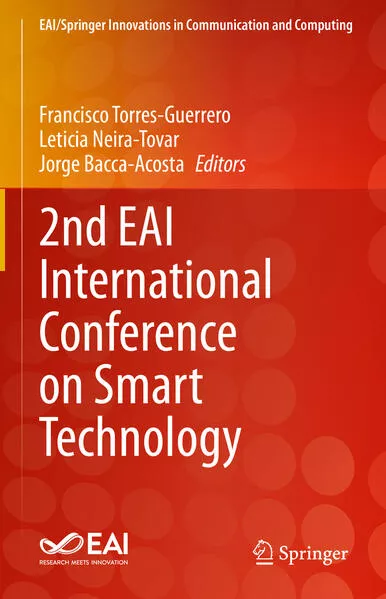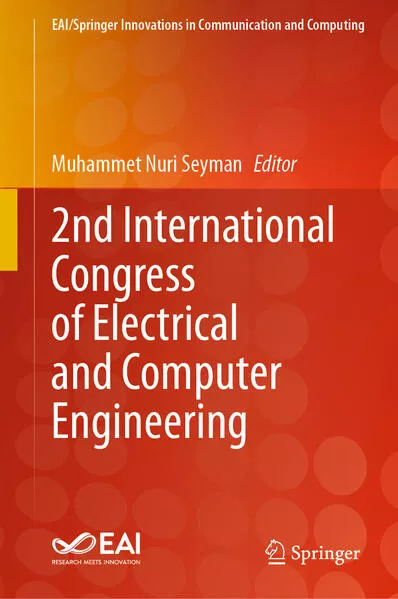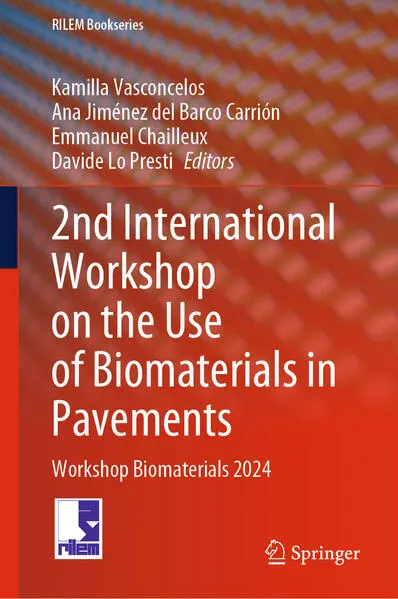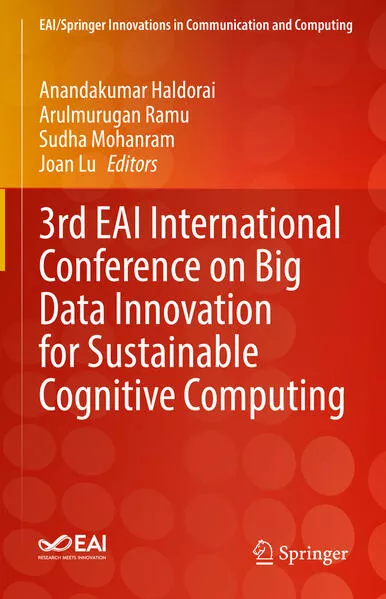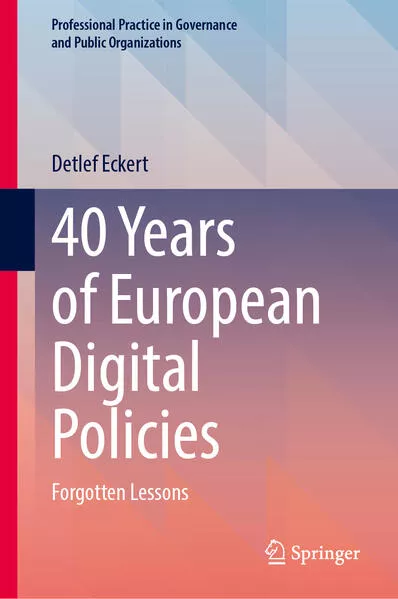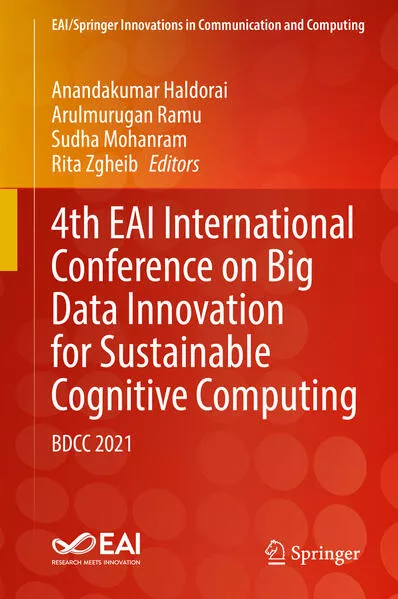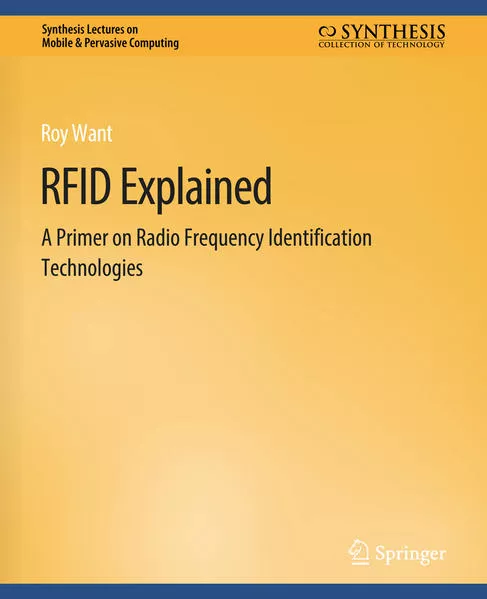
Roy Want
RFID Explained
- A Primer on Radio Frequency Identification Technologies
ISBN: 978-3-031-02474-0
86 Seiten | € 28.88
E-Book [Kindle]
Erscheinungsdatum:
01.06.2022
Programmierung
Roy Want
RFID Explained
A Primer on Radio Frequency Identification Technologies
This lecture provides an introduction to Radio Frequency Identification (RFID), a technology enabling automatic identification of objects at a distance without requiring line-of-sight. Electronic tagging can be divided into technologies that have a power source (active tags), and those that are powered by the tag interrogation signal (passive tags); the focus here is on passive tags. An overview of the principles of the technology divides passive tags into devices that use either near field or far field coupling to communicate with a tag reader. The strengths and weaknesses of the approaches are considered, along with the standards that have been put in place by ISO and EPCGlobal to promote interoperability and the ubiquitous adoption of the technology. A section of the lecture has been dedicated to the principles of reading co-located tags, as this represents a significant challenge for a technology that may one day be able to automatically identify all of the items in your shopping cart in a just few seconds. In fact, RFID applications are already quite extensive and this lecture classifies the primary uses. Some variants of modern RFID can also be integrated with sensors enabling the technology to be extended to measure parameters in the local environment, such as temperature & pressure. The uses and applications of RFID sensors are further described and classified. Later we examine important lessons surrounding the deployment of RFID for the Wal-Mart and the Metro AG store experiences, along with deployments in some more exploratory settings. Extensions of RFID that make use of read/write memory integrated with the tag are also discussed, in particular looking at novel near term opportunities. Privacy and social implications surrounding the use of RFID inspire recurring debates whenever there is discussion of large scale deployment; we examine the pros and cons of the issues and approaches for mitigating the problems. Finally, the remaining challenges of RFID are considered and we look to the future possibilities for the technology. Table of Contents: Introduction / Principles of Radio Frequency Identification / RFID Industry Standards / Reading Collected RFID Tags / Applications of RFID Tagging / RFID Incorporating Sensing / Deployment and Experience with RFID Systems / Privacy, Kill Switches, and Blocker Tags / Opportunities for RFID Integrated with Memory / Challenges, Future Technology, and Conclusion
Unterstütze den lokalen Buchhandel
Nutze die PLZ-Suche um einen Buchhändler in Deiner Nähe zu finden.
Bestelle dieses Buch im Internet
| Original Titel | RFID Explained |
| Veröffentlichung: | 01.06.2022 |
| Seiten | 86 |
| Art des Mediums | E-Book [Kindle] |
| Preis DE | EUR 28.88 |
| Preis AT | EUR 29.70 |
| Reihe | Synthesis Lectures on Mobile & Pervasive Computing |
| ISBN-13 | 978-3-031-02474-0 |
| ISBN-10 | 3031024745 |
Über den Autor
Roy Want is a Principal Engineer at Intel Research. Interests include embedded systems, mobile computing and automatic identification. Want received a BA in computer science from Cambridge University, UK in 1983 and earned a Ph.D. in distributed multimedia-systems in 1988. He joined Xerox PARC's Ubiquitous Computing program in 1991 and managed the Embedded Systems area, later earning the title of Principal Scientist. He joined Intel Research in 2000. Want is the author of more than 50 publications in the area of mobile and distributed systems; and holds 52 patents. He is a Fellow of both the IEEE and ACM.
Diesen Artikel teilen
0 Kommentar zu diesem Buch
.... weitere Publikationen von Springer International Publishing
Leserunde
Pfötchen - Der Tierschutzroman
Bewerbungsfrist bis zum: 28.11.2024



